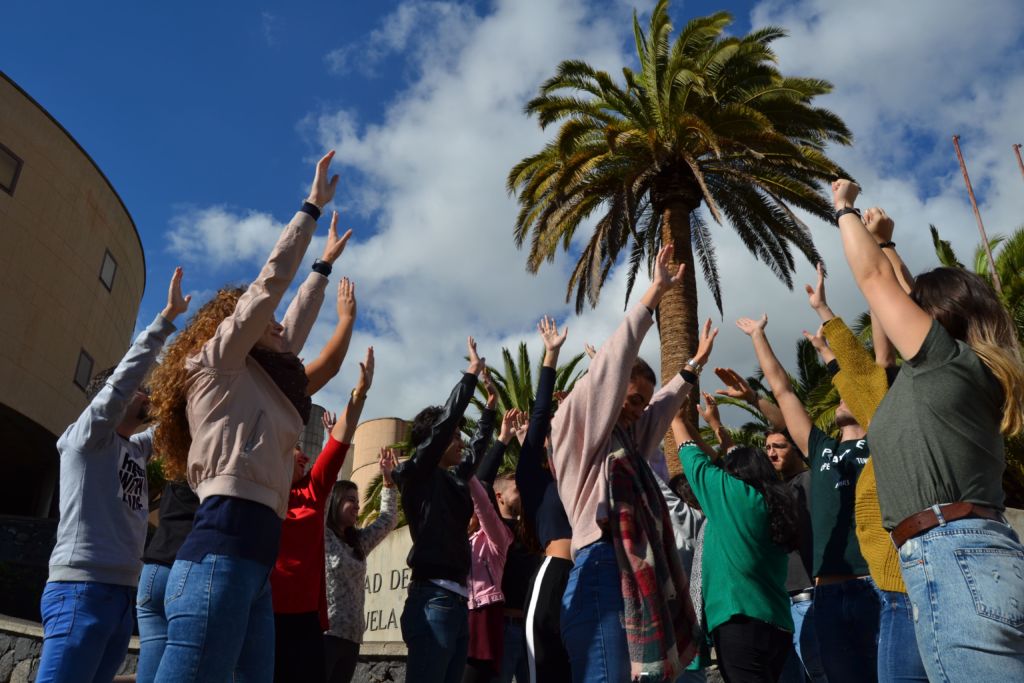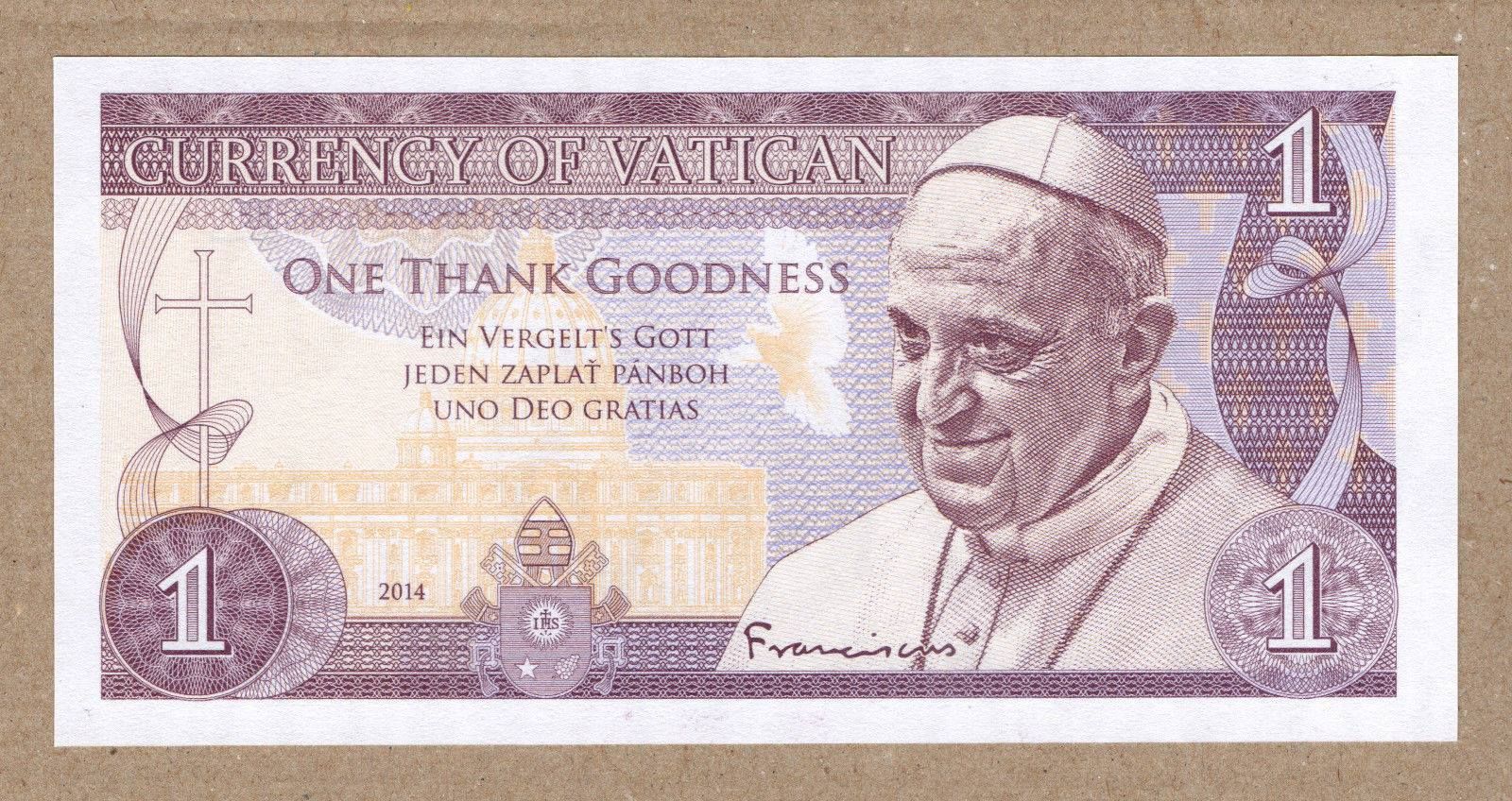Date: 8th October, 2020
Media: Markets Insider
- What happened?
The Vatican has invested 528 million euros from charitable proceeds in risky derivatives, Credit Default Swaps (CDS), which is a bet in the solvency of the rental car company Hertz. CDS acts as an insurance in case of default meaning that when Hertz filed for bankruptcy in May, it paid wonderfully for the Vatican.
- Whom and where it affects?
It affected The Vatican and those in need, as the Vatican used the charitable donations to buy risky derivatives to gamble on the solvency of the car rental company Hertz.
- What sort of public or private institutions are involved?
As public Institutions we have The Vatican and on the other side, Hertz as a private institution. In addition, we probably have to mention “the bank” who issued (and is probably a counterparty as well) those CDS as another private institution involved.
- Why is it important for Banking and Finance?
Although at first sight it may seem that this is not a big deal for neither banking or finance, we consider it to be. What we are seeing here is the democratization of complex derivatives and the normalization of risk taking and yield appetite due to the low interest rate environment.
- What do you think will be the consequences in the foreseeable future?
CDS are complex instruments that can inflict big losses if not used properly. If the trade goes wrong the losses can whip out the entire portfolio. In our opinion, institutions such as The Vatican should not invest in those risky finance products because the money they put in risk comes from the donates. Moreover, we think that the consequences of such risk appetite mentioned in the previous question are unpredictable and might be devastating for the economy, previous examples are the fall of Long Term Capital Management in 1998 and the Financial Crisis of 2008.
Key words:
Vatican, invest , CDS, Hertz, donates, risk.

